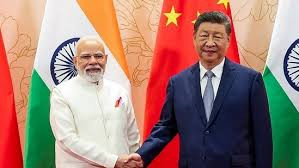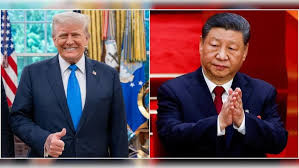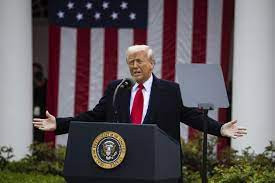The Nexus Between Politics and Electoral Bonds: Unveiling a Controversial Connection

The intersection of politics and financial contributions has been a perennial concern, with the mechanism of electoral bonds emerging as a focal point for debate and scrutiny. Electoral bonds, introduced in India as a purported instrument to bring transparency to political funding, have, paradoxically, raised questions about their impact on the democratic process and the potential for fostering opaque transactions.
Electoral bonds, introduced in 2018, were marketed as a reformative step to cleanse the political funding system by ensuring anonymity for donors and transparency in contributions. The bonds are financial instruments that can be purchased from designated banks and then donated to political parties of the donor's choice. The unique selling point of electoral bonds was the claim that they would curtail the use of black money in political funding.
One of the primary criticisms surrounding electoral bonds is the veil of secrecy they provide to donors. Unlike traditional methods of political donations, where the identity of contributors is disclosed to the Election Commission, electoral bonds shield the anonymity of donors. Critics argue that this opacity undermines the very essence of transparency in political funding, allowing for potential misuse and quid pro quo arrangements.
The link between politics and electoral bonds has raised concerns about the erosion of democratic principles. The lack of disclosure regarding the identity of donors hampers the electorate's ability to make informed decisions about the financial backing of political parties. In a democratic society, the citizens have the right to know who is financially supporting the political entities seeking their votes, and the secrecy surrounding electoral bonds jeopardizes this fundamental democratic tenet.
The connection between politics and electoral bonds also gives rise to concerns related to money laundering and corruption. The anonymity of donors makes it challenging to trace the origin of funds, opening avenues for illicit financial activities. This lack of transparency not only compromises the integrity of the electoral process but also poses a threat to the overall health of the nation's democratic institutions.
The controversial nexus between politics and electoral bonds has prompted calls for reform from various quarters. Advocates for electoral transparency argue for revisiting the system, suggesting measures such as disclosing donor information, placing limits on contribution amounts, and enhancing the oversight mechanisms.
The intertwining of politics and electoral bonds underscores the delicate balance between the necessity of political funding and the imperative of maintaining democratic principles. As the debate continues, it becomes imperative for policymakers to address the concerns surrounding electoral bonds and reevaluate their impact on the democratic fabric. Striking a balance between the financial needs of political parties and the citizens' right to transparency is essential to fortify the democratic edifice and ensure the credibility of the electoral process.
You might also like!















